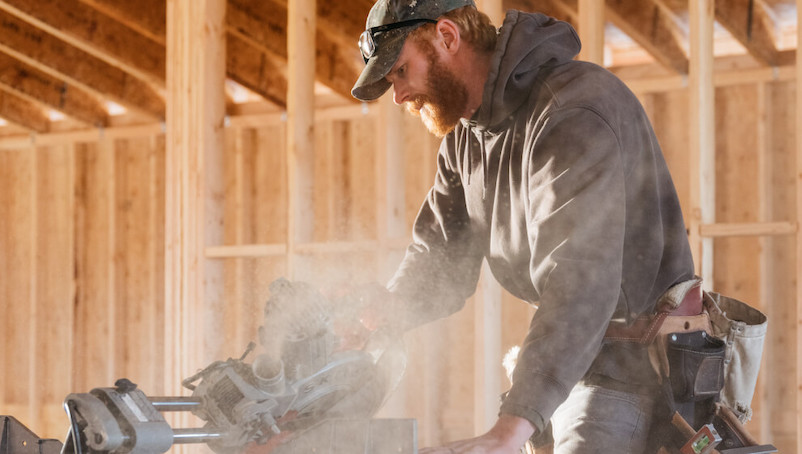General Liability Class Codes
Insurance companies use class codes to help determine your general liability insurance risks and coverage.


What are general liability class codes?
General liability class codes classify the risk level of different businesses.
How general liability class codes work
Every business has different levels and types of risk based on the work they do.
General liability class codes help insurers determine how risky a particular type of work is so they can set an appropriate premium rate, offer the correct coverage and determine any exclusions or endorsements that might be needed.
General liability codes are determined by different organizations, including:
- North American Industry Classification System (NAICS)
- Insurance Services Office (ISO)
- National Council on Compensation Insurance (NCCI)
- Standard Industrial Classification (SIC)
Additionally, insurers may have their own code system.
In general, the way these systems work is by first grouping industries into broad categories, then subdividing them into more specific types of work.
NAICS, for example, uses a 6-digit number for their class codes. The first two numbers give the industry the business is in, such as:
- 23: Construction
- 52: Finance and Insurance
- 72: Accommodation and Food Services
From there, things get narrowed down. “Accommodation and Food Services” for example, is split into further sections including:
- 7224: Drinking Places (Alcoholic Beverages)
- 7225: Restaurants and Other Eating Places
This gets further narrowed. Looking at “Restaurants and Other Eating Places,” we find the final general liability class codes for:
- 722511: Full-Service Restaurants
- 722513: Limited-Service Restaurants
- 722514: Cafeterias, Grill Buffets and Buffets
- 722515: Snack and Nonalcoholic Beverage Bars
As you might imagine, things can get pretty specific.
However, even though the point of these codes is to classify the risk of every type of business, that doesn’t mean that every business has its own unique code.
For example, donut shops, pizza parlors, and fine dining restaurants all share the same NAICS code (722511) because the NAICS has determined that all of these operations share the same level of risk.
The importance of general liability class codes
General liability class codes are important because they allow your insurer to give you the coverage your business needs at the appropriate price.
For example, restaurants and food trucks essentially do the same thing: They make food for the public. However, they have two different class codes because they face unique risks.
Restaurants serve customers on their premises and need protection against accidents like slip-and-fall accidents. Food trucks might also have this concern depending on their setup, but they might need added protection against claims of foodborne illness due to the difficulty of keeping things at the proper temperature on the move.
While these businesses do the same thing on the surface, they need significantly different coverage, which is determined by their class code.
Additionally, class codes may determine what an insurer will cover in case of an accident.
If your business is identified as one class code, it might not be covered for performing work that falls within another class code. For example, if your business is classified as a carpentry company, you might not be covered for accidents that happen while performing work as an electrician.
Telling your insurance carrier all the activities that your business performs regularly — and even occasionally — can help ensure your business has the general liability coverage it needs.
Keep your general liability class codes current
Having the correct code is extremely important when it comes to getting the right insurance coverage.
If you decide to change the type of work your business does, it’s important to inform your insurance provider right away so that they can update your code and you can have the coverage you need.
While it may seem obvious to inform your provider when changing your business, you should also update them whenever you upgrade or tweak your business model.
For example, if you have a bookstore and decide to start selling coffee as well, you may have moved your business into a different class code and need more coverage. Or if you have a clothing and jewelry store but decide to stop carrying jewelry, that may move you into a class code that needs less coverage.
Whatever changes you make to your business model, keeping your insurer informed will keep your code current and is the best way to be sure you always have the general liability coverage you need.
How NEXT provides custom, tailored insurance to small business owners
Class codes are just one of the tools NEXT uses to custom-tailor insurance for over 1,300 different business types. Get the coverage you need at a great price.
You can start a quote, customize your options and access your certificate of insurance online — in about 10 minutes.




